Co-authored by Tiffany Mueller
Here we are going to discuss some fantastic street photography tips which will help you master the craft. Simply put, street photography is a photographic genre that is really based on beautiful storytelling. Other genres can't compete with the way Street Photography approaches reality. It delivers candid, spontaneous and interesting mementoes of a brief moment in time.
There are many definitions of what street photography is and isn't, but it is commonly said that if you are a serious street photographer, then you are capturing life as it happens. And this last part isn't an easy thing to do, especially in an aesthetically pleasing way.
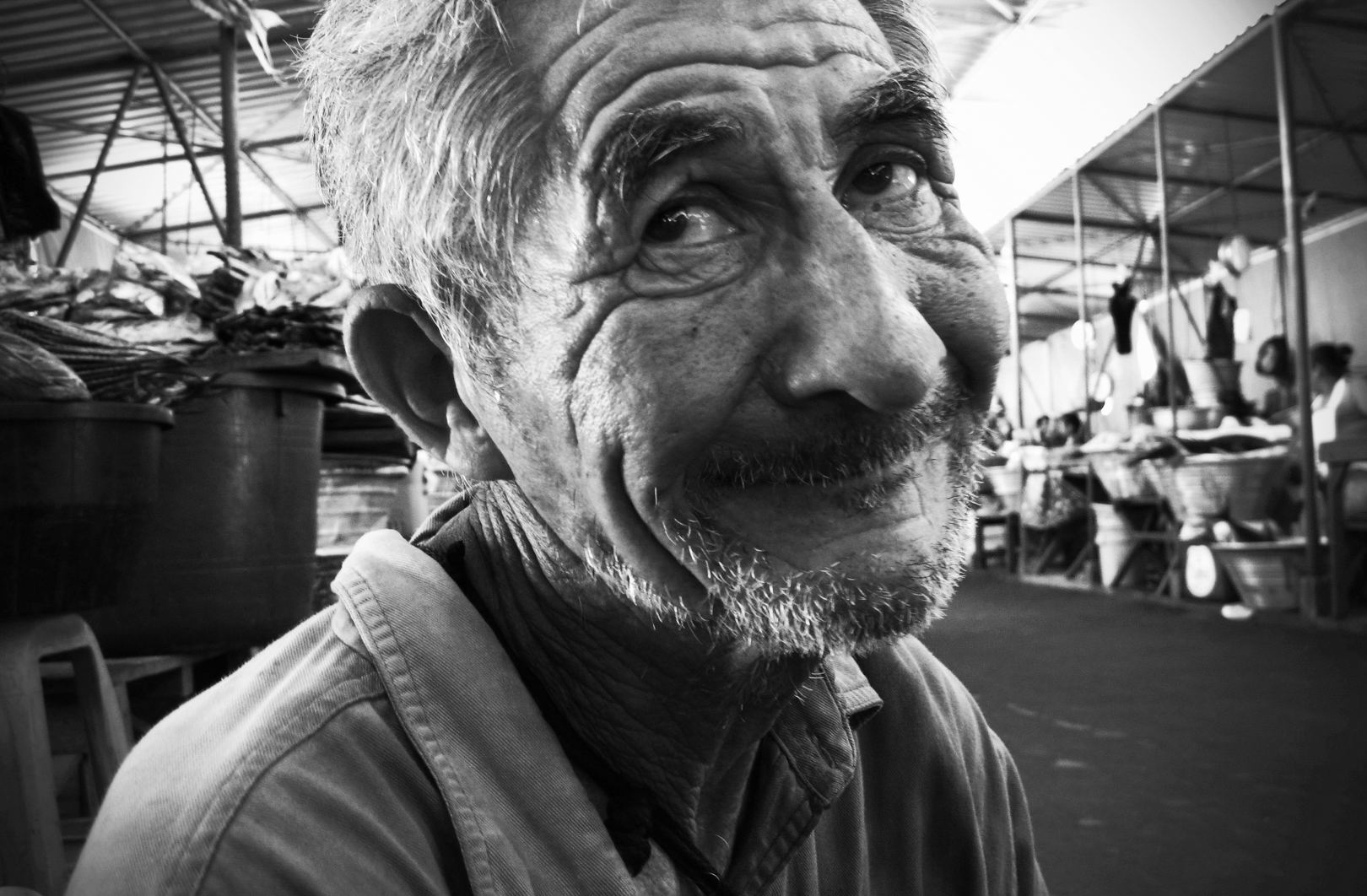
A Brief Note On Storytelling
To briefly touch on storytelling. It is important to remember that you are looking for a few things to ensure that your storytelling connects with your audience
- Composition: Many times we have said that composition is the soul of your image – and just with any other photography genre, it is still vital that your street photography has great composition. Remember that you are aiming to draw people into the scene and engage them in your decisive moment.
- Subject Matter: You will need to ensure that you are capturing engaging subjects with your street photography. It might seem obvious, but you are looking for your images to resonate with the viewer. On the street, it is perhaps easiest to document the human condition, but if your passion is, for example, architecture, then capture that. Remember, your passion will resonate with the viewer.
- Look For Emotion: Again this will add meaning to your story. It doesn’t necessarily have to be sadness or aggression…look for a humorous situation or juxtaposition to get your message across.
Further Reading:
Take a look at these articles to ensure that you get these street photography techniques down-pat
- 3 Steps To Becoming A Better Photographic Storyteller: The above points come from this article by Jason D. Little and I encourage you to read his notes in full to help with your storytelling.
- The 6 Fundamentals Of Storytelling Through Photography: In this article, Jasenka discussion pointers on storytelling from planning required to capture your story to the narrative structure you should think about.
- Storytelling Using Photography: Over at Contrastly, they have a great piece on storytelling that gives you a guide to the elements that are required to tell a compelling story through photography. It is worth a read
One thing you really need to remember and particularly important when outlining any list of street photography tips is that many of the best moments that can be found on the streets happen in the blink of an eye, and you have to be ready to capture them. That's the main reason why a street photographer needs to be constantly practising because these moments can come out of nowhere, and they are unforgiving, you have to be ready. There's simply no time to fiddle around with lighting, or tweaking your camera settings, not to say anything about setting up a tripod.
There is no exact recipe for achieving great looking photographs on the streets. Honestly, the best tip in this list of street photography tips is to roam the streets on a regular basis with a curious eye, and don't forget to practice, practice and practice.
We hope that these street photography tips will help you out the next time that you find some photo-worthy moment on the streets.

1. Always Carry A Camera With You
If there could be just one ultimate tip for photography (and especially for Street Photography) always carrying a camera with you would be it. Consider it rule #1 of our street photography tips roundup
In order to develop a Street Photographer’s mindset, you should almost feel guilty for having a camera with you and not be taking images. Of course, I’m not saying shoot like crazy, since we are seeking meaningful stories – as long as your keeper ratio grows, that's what matters here.
When it comes to street photography, the best cameras are the ones that can be carried around with you constantly in a comfortable way. It is quite liberating to work with small cameras or lenses and simply leave all the additional paraphernalia behind. No flashes, no tripods, no backup lenses. Everything reduced to a single camera with a single fixed lens. Anything from 28mm to 50mm will be your best choice when working on the streets.
Pretty much all serious street photographers get their job done by using small cameras and nothing more. Think about the Leica M, the Panasonic Lumix G-series or of course the Fujifilm and Sony mirrorless cameras. They are all small, compact, and inconspicuous. Leave the long lenses at home too. Successful street photography has a lot to do with one's ability to remain unseen. Some of the large modern DSLRs will draw unwanted attention to you.
One other point you might like to remember is that a great camera for street photography might be already in your pocket. One of the best street photography tips I’ve been given is that your smartphone can be a fantastic addition to your kit when it comes to capturing the immediacy of the street.
Further Reading:
Here are 3 articles that will give you some great street photography tips and tricks, especially when it comes to camera selection
- 4 Things To Consider When Choosing A Street Photography Camera: Jason D. Little outlines his top considerations when looking for a new street photography camera
- The Perfect Street Photography Camera…Could Be In Your Pocket: Jason looks at the benefits of and provides some tips and tricks for using your mobile phone to capture some great street photography moments.
- What Is The Best Lens For Street Photography? The Top 3 Contenders Are… : Here Rob reviews Kai Wong’s video reviewing the virtues of the classic 50mm, 35mm, and the 28mm for street photography.

2. Camera Settings
First thing's first, let's make sure that we turn off all audio signals from our cameras. This includes beepings and any other quirky noises that it might produce. Being a little bit incognito is key in street photography. Remember to consider privacy too, being a street photographer doesn't give you the right to be particularly intrusive in other people’s private moments.
Moments happen in a flash, therefore shooting on aperture priority mode and centre focus will help you get the shot off quicker and still give you some manual features. It's quite easy to miss a shot thanks to being too busy adjusting settings on your camera.
Further Reading:
These articles will give you insight into the camera settings that are best when you are on the streets
- What Are The Best Camera Settings For Street Photography: Expert Photography has an in-depth piece on the essential camera setting for street photography covering different lighting scenarios as well.
- Manual Focus Vs Auto Focus: Which Wins For The Street Photographer: Jason D Little lists the pros and cons of manual and autofocus as they apply to street photography. The decision rests ultimately with what you are trying to achieve with your creative vision and, of course, what shooting conditions you are experiencing.
- Use These Tricks To Improve Your Manual Focusing Skills: Here Dzvonko Petrovski outlines some great tricks to get your manual focusing skills up to scratch. With street photography, you will be using manual focus, so getting it right is a must.

3. Find A Location That Inspires You
When scouting a location you need to remember that research is key to getting the best outcomes with street photography. Being aware of the local culture and laws will make your photography a more pleasing experience. There are some places in the world in which wandering the streets and photographing strangers isn't popularly accepted. And other locales are way more tolerant about capturing street scenes. This has a lot to do with culture more than law, but it is still important to dig into local laws – you don’t want to get into trouble by simply being ignorant of local mores. Getting caught while taking photos in some regions where it is not socially acceptable to do can lead you to some serious trouble.
Whatever you do, please, respect the discipline. If you are in a place in which it is socially accepted and there aren't any laws prohibiting the photographing of strangers on the streets, you still need to listen to common sense. If someone asks you to delete a photograph, be kind, and do so. Don't make our discipline something that could be turned into a major socially unacceptable practice. Always be aware and respectful to other people.
Once you have the local rules sorted out, choose a location where there are interesting activities going on or where you know you will run into others. Popular locations might include outdoor markets and busy downtown districts, but don't be afraid to get creative with location scouting. Interesting things happen in all sorts of places!
One thing to remember is that you don’t need to go far afield to capturing interesting moments. Learn to love your local streets, you’ll find many interesting subjects and because you see these streets every day, you’ll start to see patterns, interesting characters and start experiencing the beauty in the supposedly mundane.
Something to add to your list of street photography tips is to use public transport. Buses and trains are fertile ground for street photographers. You’ll find many great stories when you use public transport. A lot of cities around the world have amazing public transport systems. Of course, in some places, public transport is limited, but if you live in a city like this, use the public transportation from time to time anyway – there's a heap of opportunities waiting around every corner!
Further Reading:
Here are some street photography techniques that will ensure you are in the right place at the right time
- 10 Best Cities For Street Photography…In The World: This is a great list, albeit a bit contentious. Take a look and tell us if you agree or disagree with the list
- Best Locations For Street Photography: StreetHunters gives a comprehensive list of interesting aspects and locals that you might want to look for when location scouting your next street photography adventure – including great tips like looking for old winding roads, corners, and billboards.
- Six Ways To Spice Up A Boring Location: Ok so maybe your local streets fall under the “boring” category, but all is not lost. Use Jason Row’s six tips to spice things up.

4. The Importance Of Stealth
Judging by how many times it's come up already, you’ve seen that many of these street photography tips are predicated on the importance of remaining inconspicuous, at least if you want to capture the streets in a natural way. When people know they are being photographed, they tend to behave differently, ruining your opportunity for a candid shot.
Besides using an inconspicuous camera, you should also monitor your own movements. Don't shove your camera in someone's face or chase them down the sidewalk. Use common courtesy and respect other's space. Try to appear as some random pedestrian or tourist taking an occasional snapshot. The best street photographers are those that don't care too much about achieving the “photographer's look” too much.
One thing you could do, which may seem anathema to remaining inconspicuous, is to frankly hide in plain sight. Get yourself known locally and socially. It can be a great way to still capture moments in a natural way. You’ve become just another person on the street. It is also important to know what is happening locally – alienating yourself from the current events is not going to allow you to document everyday life.
Many people tend to take a neutral position on things like religion and politics, but these very things represent society's heartbeat. You'll need a reliable source for news and valuable live information about the things happening near you or within cultures you get close to while traveling.
Further Reading:
Get some invaluable tips from top street photographers from the following articles
- How To Take Better Street Photographs By Staying Inconspicuous: Here is a great “how-to” to help you capture those candid shots without your subject being distracted by you and your camera.
- 5 Tips How To Be Invisible When Shooting Street Photography: Erik Kim Photography has a great video on how to remain invisible so that you can get that great candid shot when you are out photographing on the streets.
- The Best Ways To Overcome Your Fear Of Street Photography: There is, of course, a general apprehension with taking photographs of strangers on the street. Here Jason D. Little outlines the best ways to keep fear at bay.
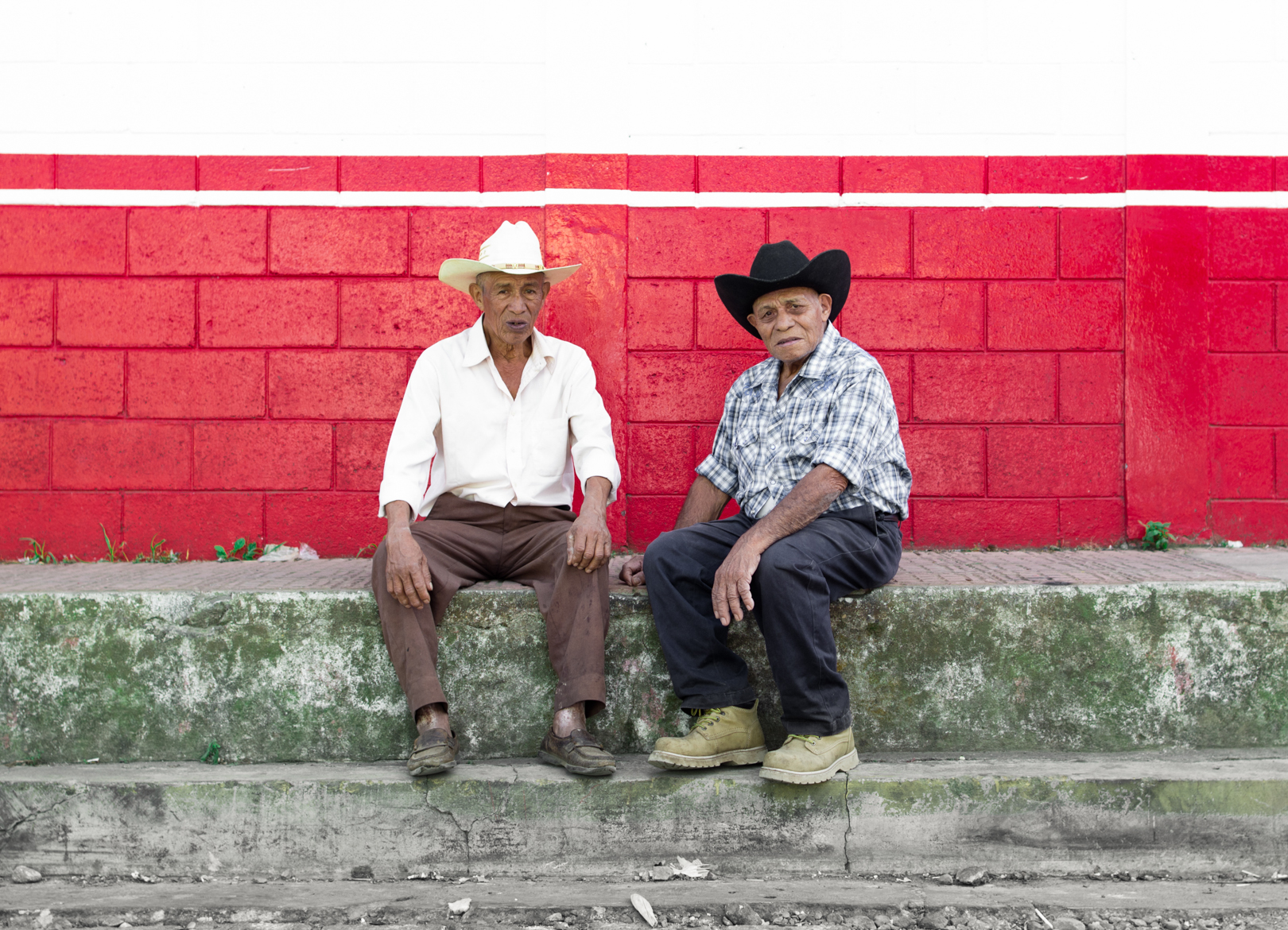
5. Colour or Black and White
Traditionally, street photography is dominated by black and white photography. There are a number of reasons for this choice. Black and white photography tends to be seen as more emotive and in many ways is understood to be more artistic.
Black and white is a great option for street photographers because it removes any distractions for the viewer. Because of the speed at which street photography occurs and how fast you’ll need to be to capture that interesting or humorous scene, you may not have time to get the colours in your composition perfectly matched. This is where a black and white conversion can ensure that any distracting element in your composition is removed.
In many cases, black and white photographs also tend to leave a more lasting impression with your audience. That being said, there is some amazing colour street photography being made as well – so never assume that you need to convert all your images to black and white.
Black and White choices now occur in post-production. The best thing you can do is to pursue life as it is, and if color gives you too many distractions, then subtract it from the photo by choosing black and white. There is no right or wrong answer here.
Further Reading:
Black and white vs color is always up for discussion, here are some posts that address this conversation more fully
- Why Do So Many Street Photographers Shoot Black And White: So here is an overview of why black and white is favoured among street photographers. Just remember, that you should not be limited to black and white, it is definitely a choice you can make about each of your images in post-production.
- The 5 Greatest Challenges Of Street Photography: It is important to understand the challenges you’ll face as a street photographer. Getting a handle on these will make your photography life easier, so you can focus on capturing that interesting moment in time.
- Slow Down If You Want To Be A Better Street Photographer: Jason D. Little explains that while capturing that fleeting decisive moment requires you to be ready, you don’t need a flurry of activity to get there. Slow down and observe your surroundings – taking your time will put you in a better position to capture those interesting moments that make street photography so special
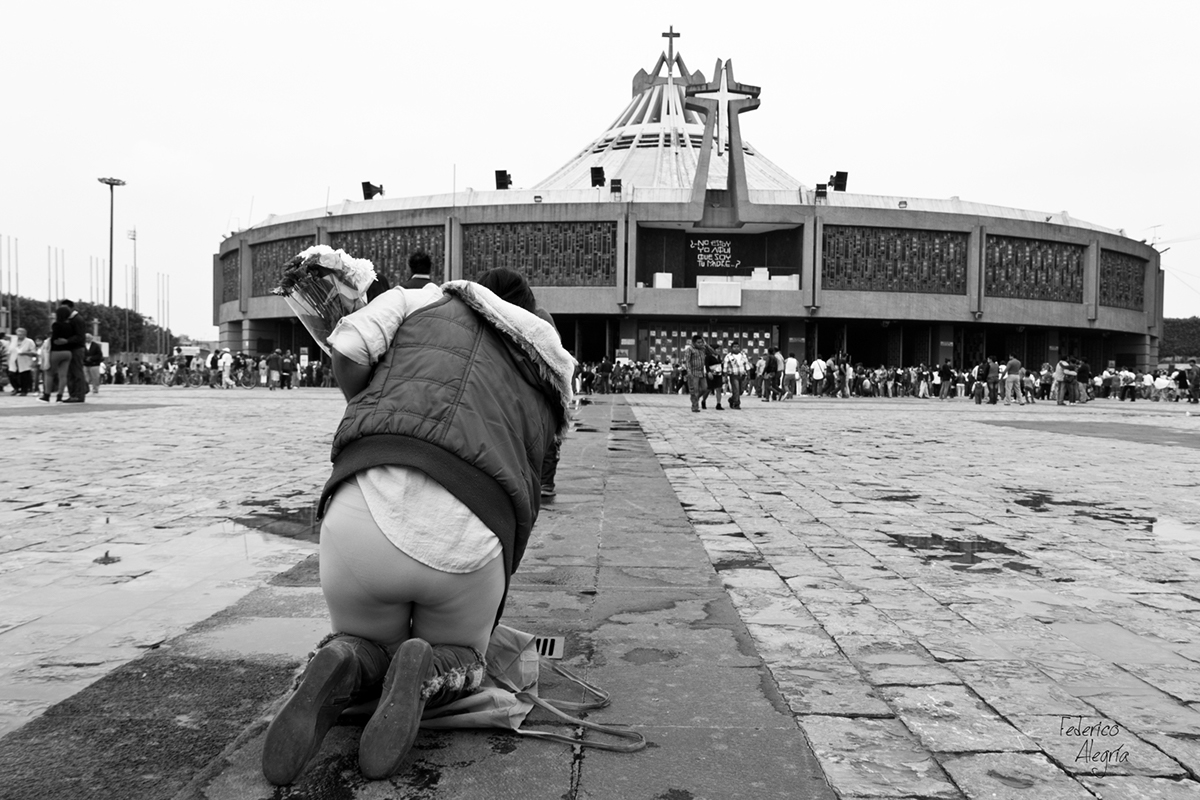
Finally, Allow Yourself To Be Inspired
Walk the streets, soak up the atmosphere – the smells, sights and sounds are all ways to experience what you want to capture. Being open to inspiration comes in many forms. Inspiration can come from books, movies, stories, paintings, podcasts, blogs etc. Allow yourself to be inspired by the works of others – it will rub off on your creativity, style and workflow.
Your own voice will eventually mature and the culmination of your thirst for understanding new and creatively inspiring things will help shape and define that voice. The work of the masters will be the best school for shaping that style that will define your photography. Cultivating your creativity will make you a better, more visually engaging photographer
Further Learning:
Embrace these street photography tips and techniques to inspire your creativity
- 3 Ways Photographers Can Sharpen Their Creativity: Jason D. Little has a few great tips here. He reminds us to get inspired, embrace research, pre-visualise our outcomes and take notes!
- 10 Photography Links To Enhance Your Creativity: From finding amazing artists through the Helsinki School to embracing the photography behemoth LensCulture, immerse yourself in photography with these links
- 11 Books Every Photographer Should Have: Books are a must for anyone who loves photography. Here is a list of books that every photographer should read at least once.
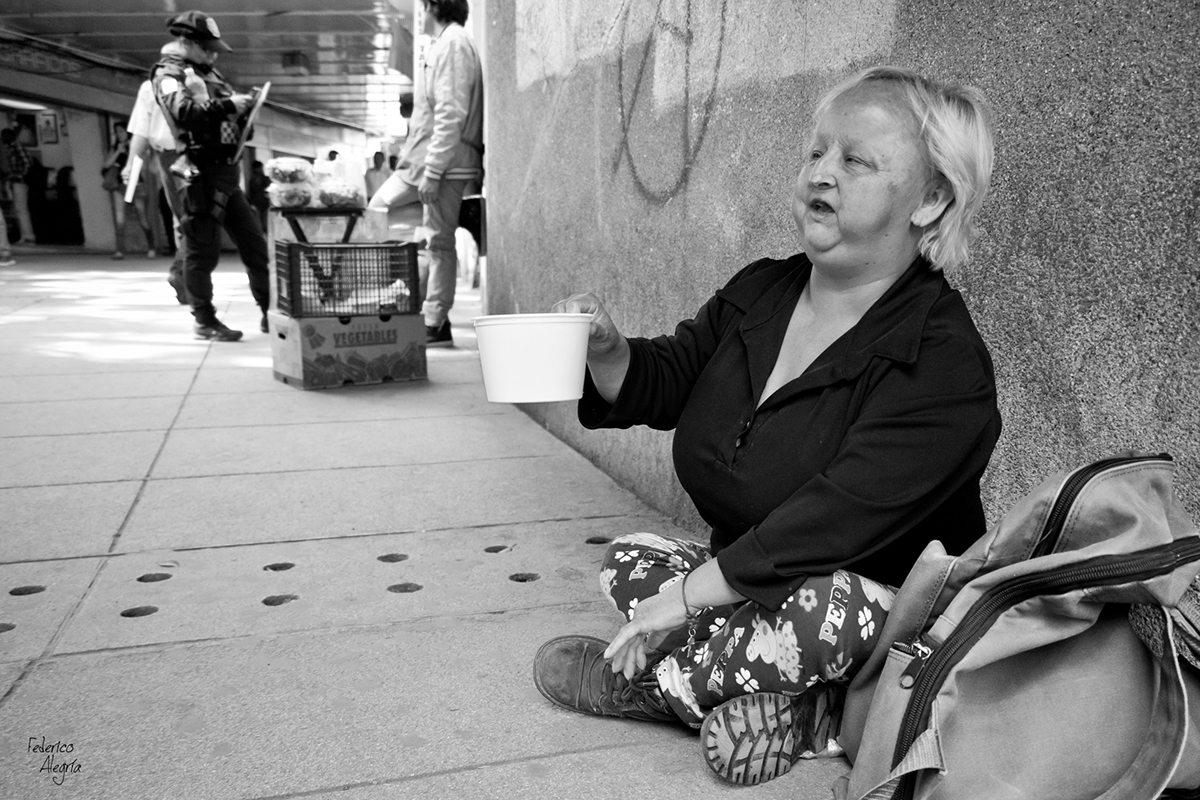
Street photography is more than a genre, it is an approximation to real life, and it can be captured in a huge variety of different ways. Reality can also be documented anywhere, don't let the name “street photography” drive you away from capturing the social reality that takes place away from the cities. Suburban and rural life offers just as many opportunities for a great narrative.
We really hope that these street photography tips will make you a better street photographer, but you need to remember this, you can't be a good street photographer simply by reading, you need to get out and practice each and every single day! Go ahead and share your street photos with is in the forums!




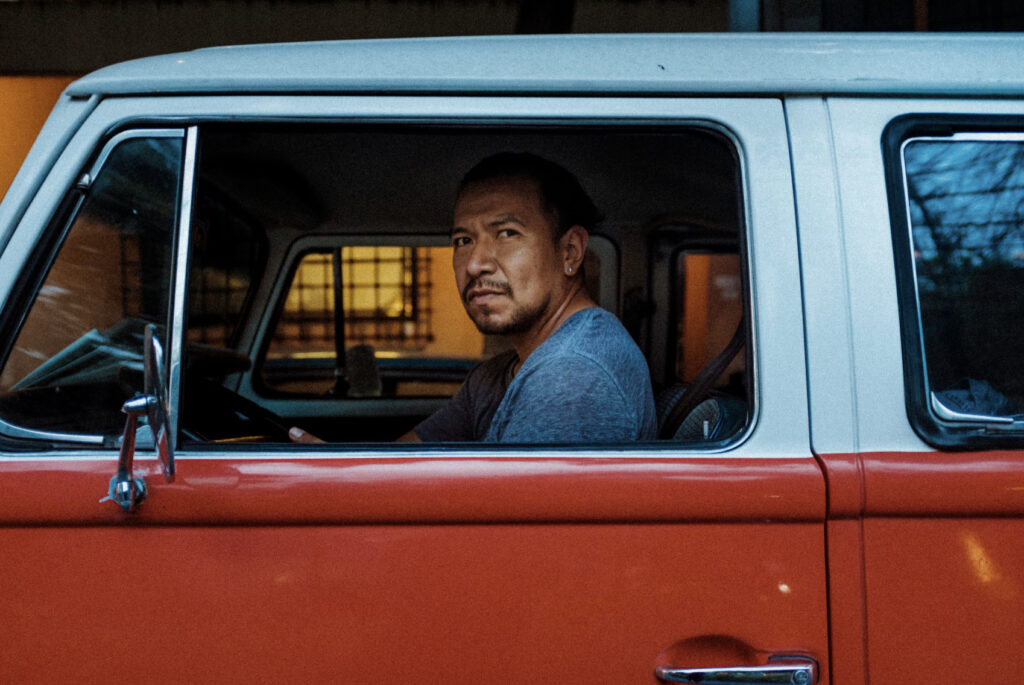
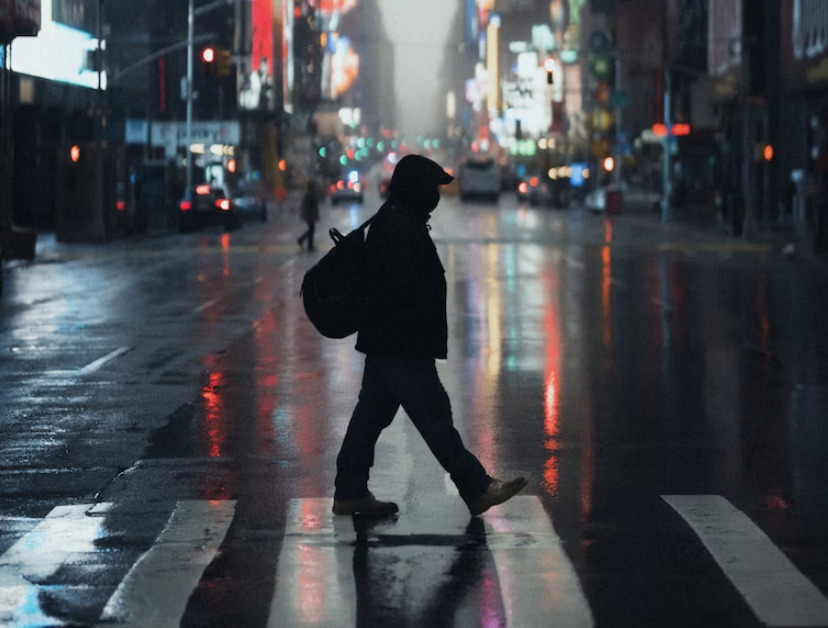
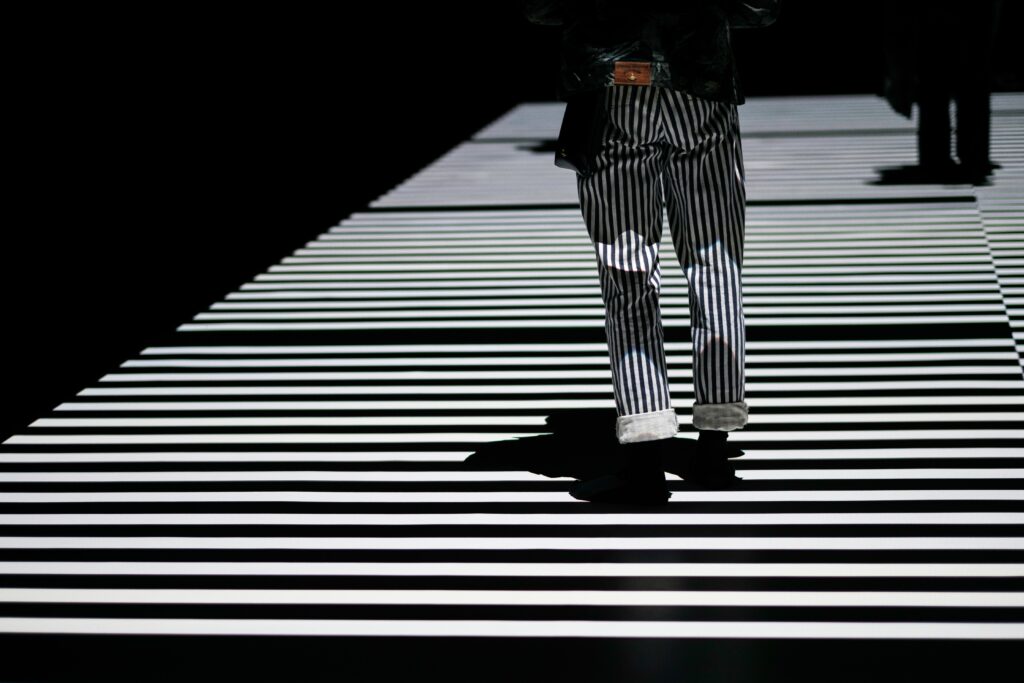
1 Comment
Great article, Federico !